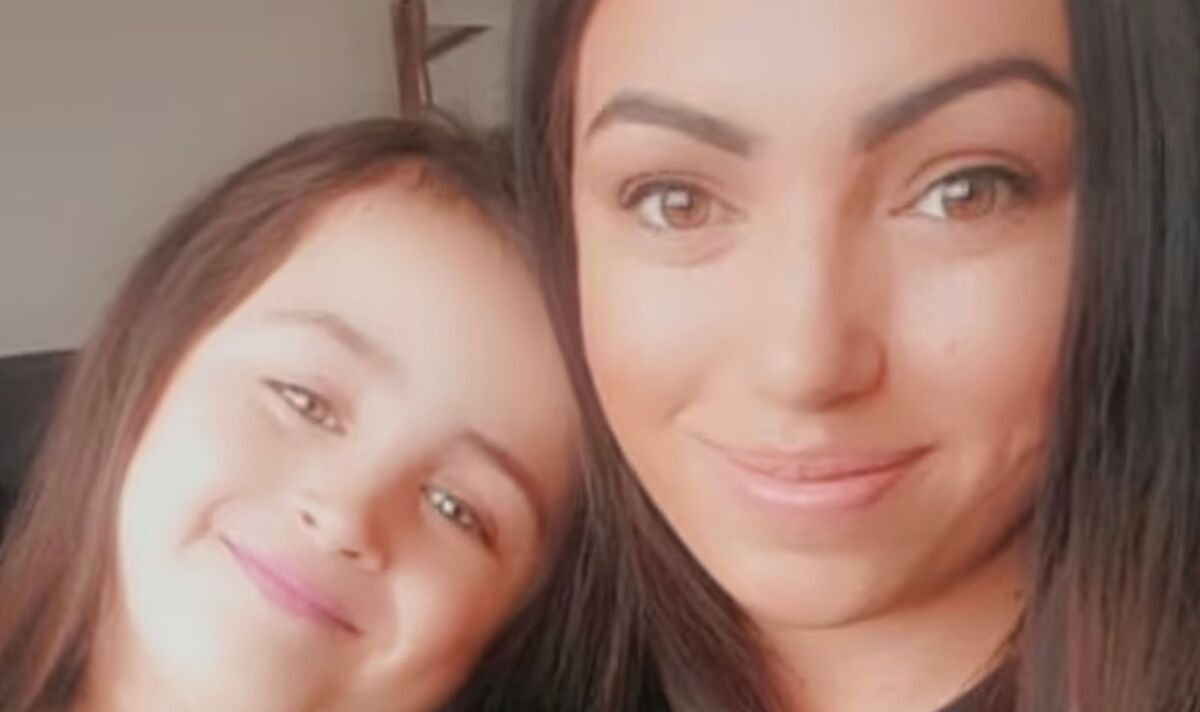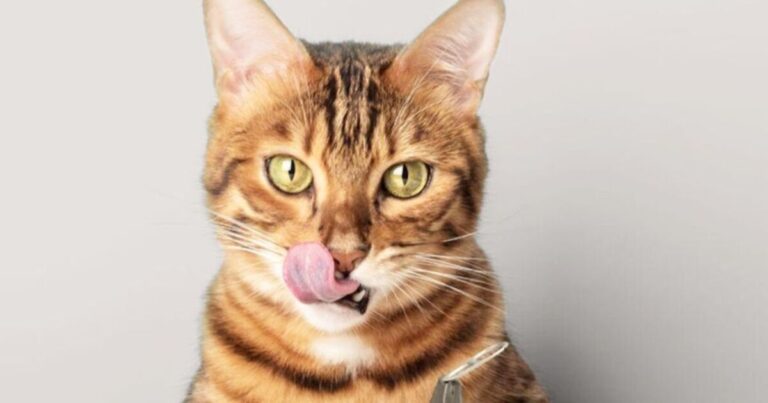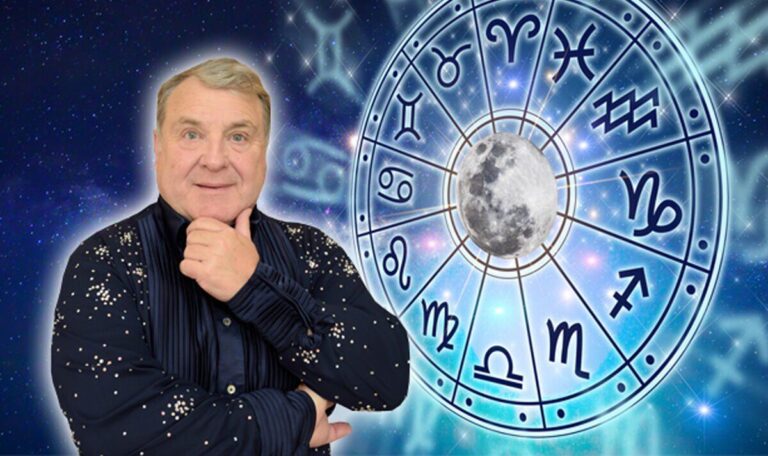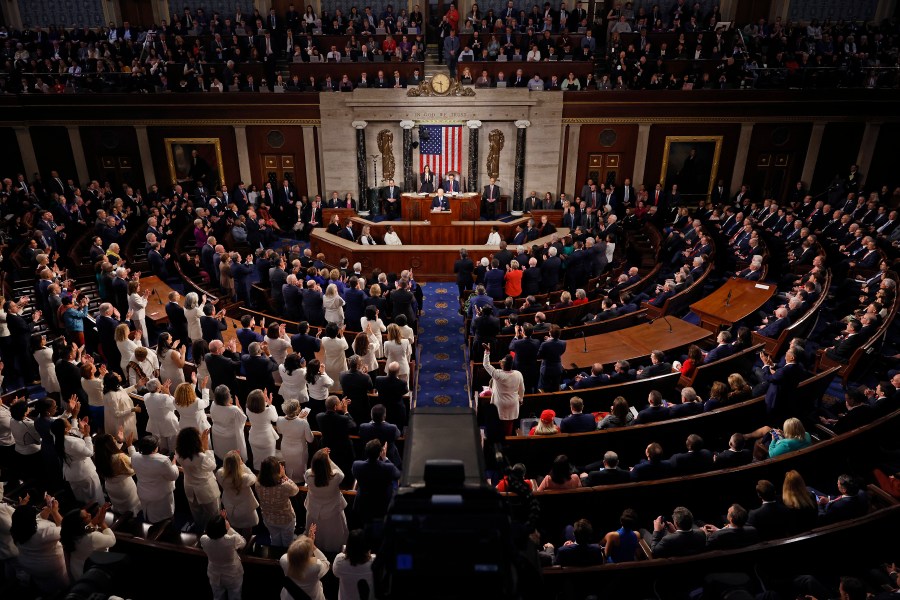
A mum was left fuming after she learned that her daughter’s nursery had shortened her name because it was “too hard to pronounce”.
Paris Tautu enrolled her daughter, Mahinarangi, in a day centre in New Zealand. Soon after, she was told that staff would call her then-five-year-old “Rangi”.
Staff justified it by saying that they found Mahinarangi’s traditional Maori name, which means “moon in the sky”, too hard to pronounce.
The mum also said children laugh at her daughter’s name and didn’t even bother to learn to pronounce it.
The bullying has affected the young girl so much that she doesn’t even try to correct people when they mispronounce it anymore.
READ MORE: ‘I banned my son’s friend from coming back to our house – all he ever wanted was pizza’
Paris said her daughter’s name from the Ngāti Raukawa heritage has been passed down through several generations and has a deep line of descent, known as whakapapa, which often shows where someone is from.
In a community Facebook post, Paris said: “Can you imagine your child being too embarrassed to say their name because people won’t make a decent effort to pronounce it properly?”
“I am sad that in 2021, in Aotearoa, a 5-year-old girl has lost the pride that comes with her beautiful name.
“It made me so angry, especially because they’d use Maori resources in her classes.”
Paris told New Zealand Herald that her ancestors endured a similar experience which has made her even more determined to make sure her daughter’s name is pronounced correctly and not changed.
She said: “My ancestors changed their original name from Perepe-Perana to Phillips because of colonisation.
“I will not let something similar happen with my daughter.”
The mum said she has now taught her daughter to break down her name into single syllables to educate people and help them to say her name correctly.
She also wants other parents to do the same and remind their children about the importance of their name if it is traditional and part of their culture.
“It’s important for our kids to be confident in their names, regardless of their ethnicity,” she said.







